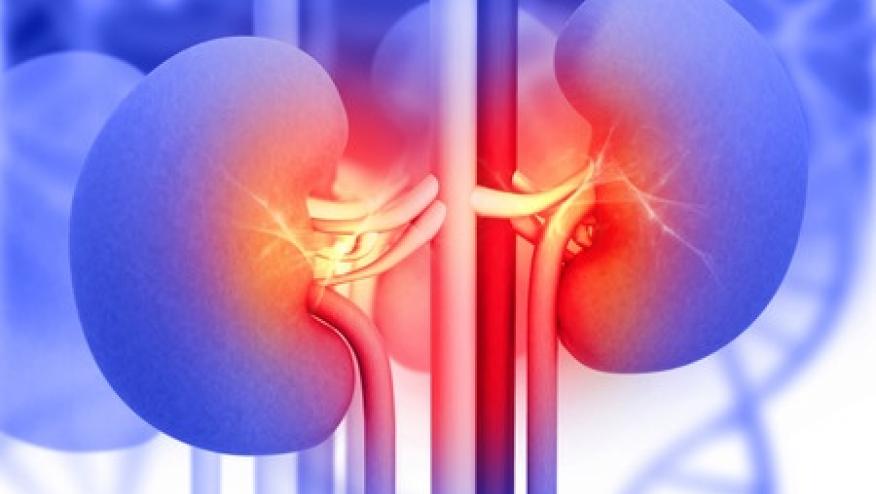Allopurinol Dose Escalation is Safe with Severe CKD Save

Hypertension, nephrolithiasis and chronic kidney disease (CKD) commonly associates with gout. While there is a clear need to dose adjust NSAIDs and colchicine in those with CKD, there is some debate about the need to dose adjust when using allopurinol with CKD.
Stamp and coworkers from Auckland did a post-hoc analysis of a 24-month allopurinol dose escalation treat-to-target randomized controlled trial to study the effect of baseline kidney function on safety and efficacy of allopurinol dose escalation to achieve serum urate (SU) <6 mg/dl.
In a trial of 183 gout patients, patients were randomized to either immediate or delayed (by 12 months) allopurinol dose escalation until serum uric acid (SUA) was <6 mg/dl. The effect of baseline kidney function on urate lowering and adverse effects was investigated.
Regardless of baseline creatinine clearance (CrCL) (<30 ml/min; ≥30 to <60 ml/min; or ≥60 ml/min), the percentage who achieved SUA <6 mg/dl at the final visit was similar, 64.3% vs. 76.4% vs. 75.0%, respectively (p = 0.65).
The mean allopurinol dose at month 24 was significantly lower in those with CrCL <30 ml/min as compared to those with CrCL ≥30 to <60 ml/min or CrCL ≥60 ml/min (250 mg; 365 mg; 460 mg/day, respectively (p < 0.001). Thus, higher doses were needed to achieve target SUA levels in those with normal function and lower doses were needed with renal impairment.
Adverse events (deaths, increased LFTs, change in renal function) were similar among groups.
Allopurinol dose escalation to target SU appears to be safe in people with severe CKD.










If you are a health practitioner, you may Login/Register to comment.
Due to the nature of these comment forums, only health practitioners are allowed to comment at this time.